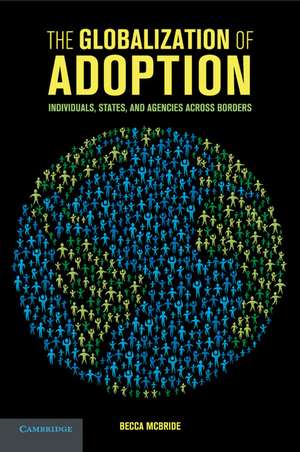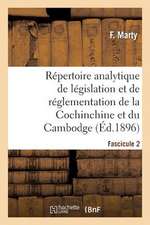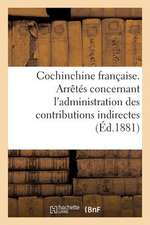The Globalization of Adoption: Individuals, States, and Agencies across Borders
Autor Becca McBrideen Limba Engleză Paperback – 22 noi 2017
| Toate formatele și edițiile | Preț | Express |
|---|---|---|
| Paperback (1) | 281.30 lei 6-8 săpt. | |
| Cambridge University Press – 22 noi 2017 | 281.30 lei 6-8 săpt. | |
| Hardback (1) | 722.43 lei 6-8 săpt. | |
| Cambridge University Press – 13 iul 2016 | 722.43 lei 6-8 săpt. |
Preț: 281.30 lei
Nou
Puncte Express: 422
Preț estimativ în valută:
53.83€ • 55.100$ • 44.44£
53.83€ • 55.100$ • 44.44£
Carte tipărită la comandă
Livrare economică 15-29 aprilie
Preluare comenzi: 021 569.72.76
Specificații
ISBN-13: 9781316604182
ISBN-10: 1316604187
Pagini: 217
Dimensiuni: 153 x 230 x 13 mm
Greutate: 0.3 kg
Editura: Cambridge University Press
Colecția Cambridge University Press
Locul publicării:New York, United States
ISBN-10: 1316604187
Pagini: 217
Dimensiuni: 153 x 230 x 13 mm
Greutate: 0.3 kg
Editura: Cambridge University Press
Colecția Cambridge University Press
Locul publicării:New York, United States
Cuprins
1. The globalization of intercountry adoption; 1.1 A puzzling trend; 1.2 The argument in brief: diffusion through state learning; 1.2.1 Existing explanations; 1.3 Why should there be a political study on intercountry adoption?; 1.4 Roadmap; 2. The policies and practices of intercountry adoption; 2.1 Overlapping legal systems; 2.1.1 The legal and political system of adopting states; 2.1.2 Legal and political systems of states with vulnerable children; 2.1.3 The international legal framework for coordinating adoptions; 2.2 Conclusion; 3. A theory of the diffusion of intercountry adoption; 3.1 Main themes; 3.2 Why allow intercountry adoption? Potential answers from cooperation literature; 3.3 Theoretical framework, part 1: diffusion through learning; 3.3.1 Adoption agencies as agents of state learning; 3.3.2 The learning process for states with vulnerable children; 3.3.3 The learning process for adopting states; 3.4 Theoretical framework, part 2: domestic characteristics and state choices; 3.4.1 Domestic characteristics and receptivity to intercountry adoption; 3.4.2 Domestic characteristics and intercountry adoption partnerships; 4. Data to investigate global trends in intercountry adoption; 4.1 Data on patterns in states' decision to allow foreign adoption of children; 4.1.1 Does the state 'allow' intercountry adoption?; 4.1.2 When did the state move from a 'no' to a 'yes'?; 4.2 Data on how adopting states choose partners for intercountry adoption; 4.2.1 States' commitment to the HCICA; 4.2.2 Partner choice for intercountry adoption; 4.2.3 Conclusion; 5. Why do states allow foreign adoption?; 5.1 Methods and the model; 5.1.1 Modeling challenges; 5.2 Are states' choices to allow intercountry adoption interdependent?; 5.2.1 Is intercountry adoption a domestic political process?; 5.2.2 How do domestic characteristics shape the state's decision?; 5.3 Conclusion; 6. How do states choose partners for intercountry adoption?; 6.1 Is the Hague Convention an effective source of information?; 6.2 The model; 6.3 Findings; 6.4 Discussion; 7. The future of intercountry adoption; 7.1 A happy ending?; 7.2 A recap of the argument; 7.3 Implications; 7.4 Conclusion; Bibliography; Appendix 1. State by state sources for dependent variable; Appendix 2. SAOM model information and justification.
Recenzii
'This study, which makes an important scholarly contribution to a neglected area of international relations, is recommended for all academic libraries … Highly recommended.' M. Amstutz, Choice
Notă biografică
Descriere
This book expands our understanding of the growing, yet largely unstudied practice of intercountry adoption.






























